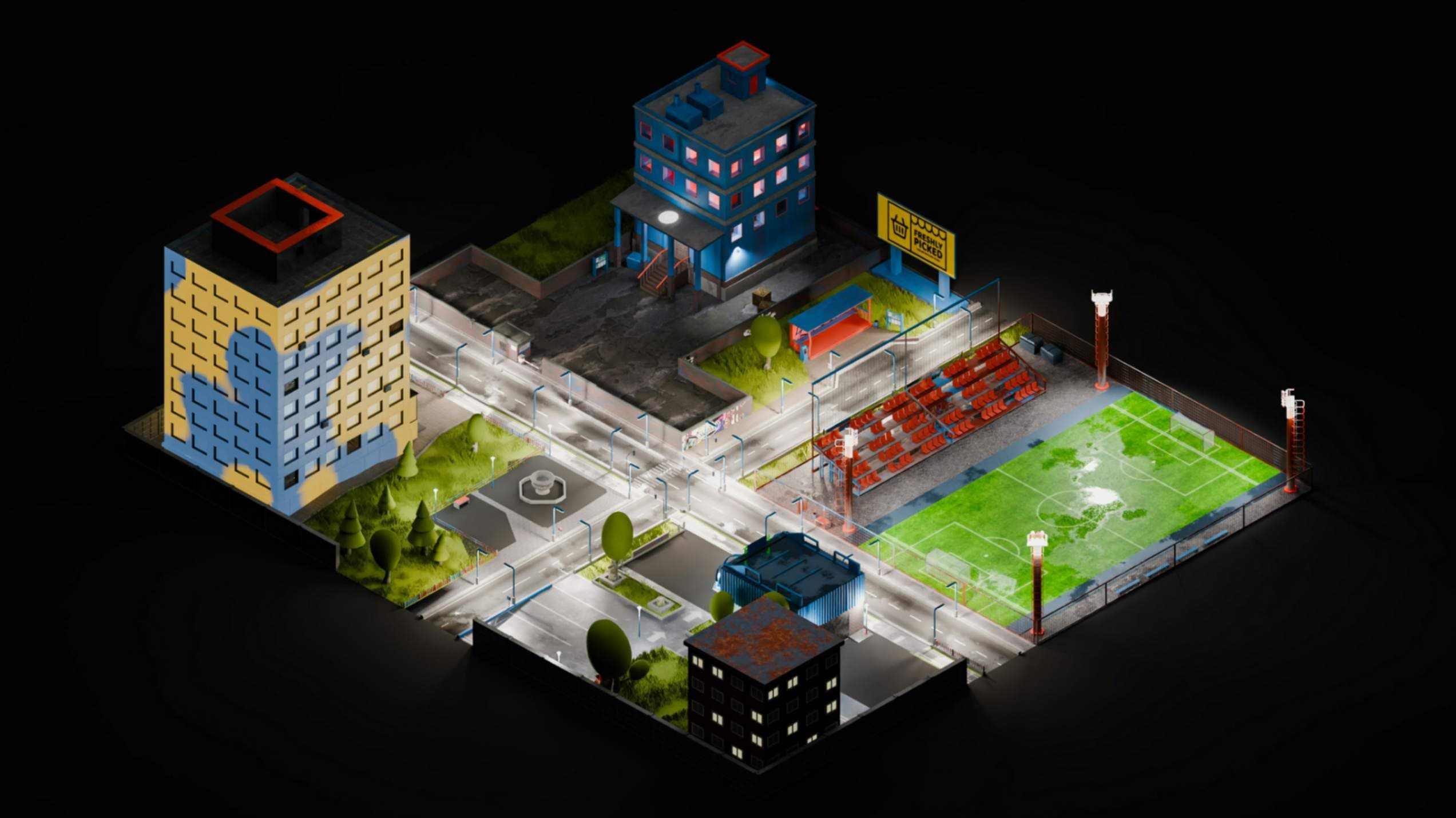
Power-Ups and Policy: City Leadership Lessons from Popular Video Games
At first glance, video games might seem like the last place to look for lessons in governance. But if you look closer, you’ll find them full of striking parallels to city leadership: managing limited resources, juggling competing priorities, and building trust in the face of uncertainty.
From the frantic coordination of Overcooked to the gentle community-building of Animal Crossing, video games can offer city leaders something invaluable: a playful, low-stakes lens on high-stakes challenges. Let’s explore what these virtual worlds can teach us about the real one.
From Co-op Chaos to City Council: Why “Overcooked” is a Masterclass in Team Dynamics
Let’s talk about Overcooked, the frantic co-op cooking game that has destroyed more friendships than Monopoly. At first glance, it’s just a fun kitchen simulator with adorable avatars. But underneath the surface, it models something city leaders know all too well: the challenge of coordinating limited resources, high-pressure timelines, and diverse personalities.
Success in Overcooked depends on clear communication, defined roles, and the ability to adapt when the kitchen catches fire (literally.)
Municipal leadership requires the same core competencies: collaboration, delegation, and real-time problem-solving. In the game, players quickly learn that yelling instructions without listening leads to missed orders and chaos. In governance, it’s the same with community engagement and interdepartmental planning.
Leaders who foster horizontal communication tend to navigate complexity more effectively. Research in collaborative governance models confirms that shared accountability and transparent decision-making consistently lead to better policy outcomes and higher public trust.
SimCity and the Lessons of Strategic Patience
SimCity. The original stress simulator for any budding urban planner. While the graphics may have aged, the lessons haven’t. You start with a patch of land and a budget, and before you know it, you’re juggling zoning demands, power grids, and public outcry over garbage collection.
It teaches players something city leaders grapple with daily: every decision has a ripple effect. Put too many residential zones without enough jobs? Unemployment. Build too many roads but not enough transit? Congestion. It’s systems thinking, gamified.
What makes SimCity especially useful as an analogy is its long-view gameplay. You can’t just solve today’s pothole without thinking about tom
Read-Only
$3.99/month
- ✓ Unlimited article access
- ✓ Profile setup & commenting
- ✓ Newsletter
Essential
$6.99/month
- ✓ All Read-Only features
- ✓ Connect with subscribers
- ✓ Private messaging
- ✓ Access to CityGov AI
- ✓ 5 submissions, 2 publications
Premium
$9.99/month
- ✓ All Essential features
- 3 publications
- ✓ Library function access
- ✓ Spotlight feature
- ✓ Expert verification
- ✓ Early access to new features
More from 3 Topics
Explore related articles on similar topics





